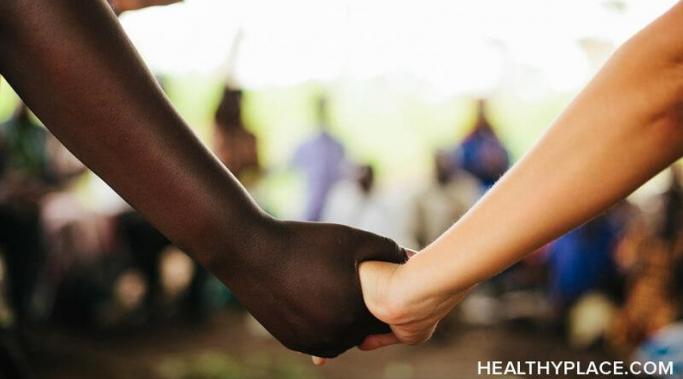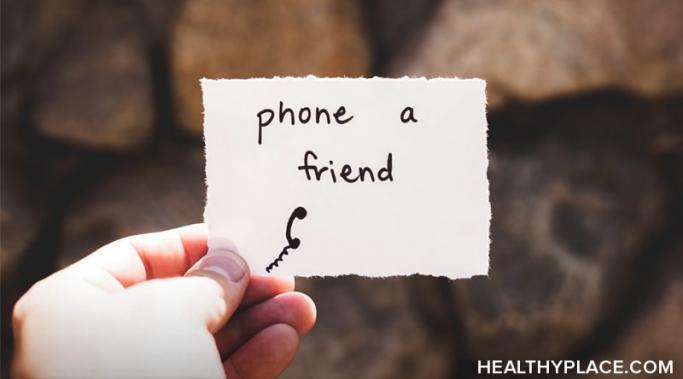If you or someone you know has been the victim of verbal abuse, it can be hard to determine how to handle the situation. Verbal abuse can show up in the home, at work, or even in public situations. Each circumstance is unique, and knowing how to defend yourself against verbal abuse can be complex. In some cases, verbal abuse can lead to physical violence, so effectively handling it can keep you safe from harm.
Signs and Symptoms of Abuse
It can be hard to talk about a situation that involves verbal abuse. Many victims can be hesitant to share their verbal abuse stories, especially when they are afraid of backlash or gaslighting from others. This reluctance is a barrier that can keep individuals from leaving abuse, healing, and moving forward.
One thing that I have realized through the years is that verbal abuse is not personal, even in those situations when the abuser is picking apart your personality traits or other sensitive items. Verbal abuse from someone stems from the abuser's insecurities and not your inadequacies.
There can be numerous side effects that you experience as the victim of verbal abuse. For me, trusting people after those years of abuse was impossible. But, not everyone will be affected in the same way, and each person's healing journey is unique. Sometimes you will be able to work through the aftermath of verbal abuse, but often, you can carry these emotions with you for years. Until you can process your history, verbal abuse can continue to have disastrous results on your life, as it was for me.
Witnessing verbal abuse of someone you know or love can be a difficult situation to process. Watching a friend or family member face abuse can create feelings of fear or anger in yourself while the victim is oblivious or minimizes the abuse. So what can you do if you see the mistreatment of one of your loved ones?
You do not have to be in an abusive relationship to experience verbal abuse. There can be many situations where an individual is subjected to verbal abuse from strangers. Unfortunately, this happens more often than you think. These random incidents are not okay, but it can be hard to deal with them when they come up. It can be in the form of personal insults, name-calling, or other belittling comments.
When you face the onslaughts of verbal abuse, it can be hard to find your voice amid the chaos and stress. It can be especially complex when it happens in gatherings of family members. Verbal abuse in family situations can make many people feel awkward and unsure how to deal with the abuser and the victim.
When you are facing verbal abuse regularly, there may be a question of physical abuse following it. The term "abuse with bodily harm" has been coined, and while that is true, it is not always the case. In my experience, those who are verbally abusive may not be physically abusive, but there can be the threat of escalation.
Verbal abuse in friendships happens more than we think. After all, friends are not the first people that come to mind when you think of verbal abuse. If you are facing any signs of verbal abuse from a close friend, you are not alone.
Verbal abuse in work relationships happens regularly. After all, haven't you heard the cliche that employees leave bosses, not jobs? In many situations, this is quite true, especially when the person you report to is verbally abusive in the workplace. Unfortunately, I was the victim of verbal abuse at work on more than one occasion. Thankfully, I was able to pick up the pieces of my shattered ego and leave for a better career path.









